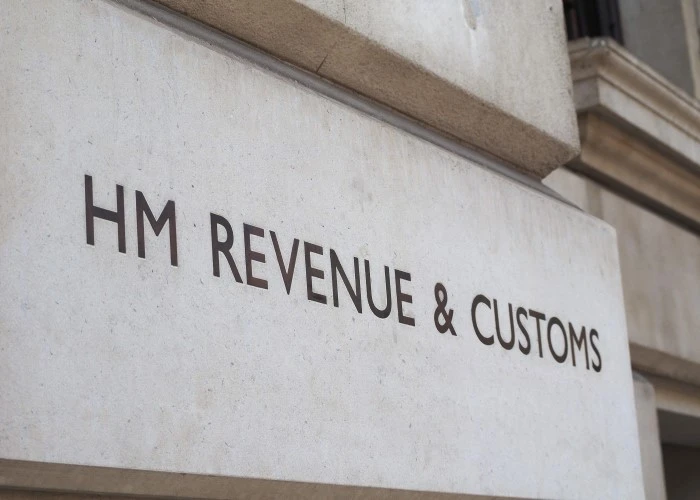The Difference Between Tax Avoidance and Tax Evasion

The tax evasion vs tax avoidance debate is a long-standing one. Whether it’s famous musicians, footballers or global businesses, in recent years HMRC have made it a priority to clamp down on what it suspects to be tax avoidance - and you don’t need to look far to find examples of these stories in national newspapers.
But is tax avoidance the same as tax evasion? Is tax avoidance legal, merely frowned upon or outright illegal? We’ll break down everything you need to know about tax evasion and tax avoidance now.
Tax avoidance vs tax evasion
So what’s the difference between tax avoidance and tax evasion? Before we define both terms - which differ from one another to an extent - it’s worth pointing out that both activities are considered to fall into the category of tax abuse, according to experts.
What is tax avoidance?
Tax avoidance is when the rules of the tax system are deliberately bent to gain an advantage that was never intended to be made available. As the government states, tax avoidance “involves operating within the letter, but not the spirit, of the law.”
It tends to involve complicated arrangements designed for the very purpose of avoiding tax. Tax avoidance schemes, for example, often advertise attractive take home pay percentages (sometimes in upwards of 85%), promote themselves as ‘HMRC approved’ and remunerate people in the form of loans.
On the face of it, these schemes may be tempting to sign up to. But the consequences of entering them can be financially devastating, with HMRC no stranger to retrospectively taxing individuals further down the line if they believe the law has been broken.
With this in mind, a smart way of approaching your tax affairs is that if it seems too good to be true it usually is.
So is tax avoidance legal?
There is a huge legal grey area here and in many cases, those claiming with confidence that tax avoidance is always allowed may have vested interests - in other words, these are people and firms who want to sell their services to you.
Given the complicated nature of the tax system and for the fact that the government is investing a lot of time, money and resources into stopping tax avoidance, it’s something most trusted financial experts will advise you to steer well clear of.
What is tax evasion?
Where tax avoidance is not necessarily illegal, tax evasion always is.
This activity is where information is omitted, concealed or misrepresented to reduce the amount of tax a person or business pays. It could involve deliberately leaving out income from your self-assessment tax return to reduce your tax liability or in more severe cases, hiding assets from HMRC or using fake offshore accounts.
Tax evasion is a criminal offence and could result in you being charged, handed eye watering fines, being named and shamed by HMRC, stopped from running a business and even jail time.
Where does tax planning fit into the conversation?
Tax planning, on the other hand, is perfectly legal assuming it has been orchestrated in a compliant manner.
It’s the process of reducing your tax liability in accordance with the law. Tax planning could be something as simple as putting money into an ISA, taking advantage of other tax reliefs available to or paying yourself in the most tax efficient way.
For further guidance
Given that at the best of times tax can be a minefield, it’s always worth speaking with an accountant or financial advisor who will be able to recommend ways to manage your financial affairs compliantly.
Let's talk!
Interested in finding out more? Speak with our expert Sales Team to see how we can work together.
Here's how you can get in touch...
Already working with Parasol and looking for support?
Contact Employee Support 01925 644 860


